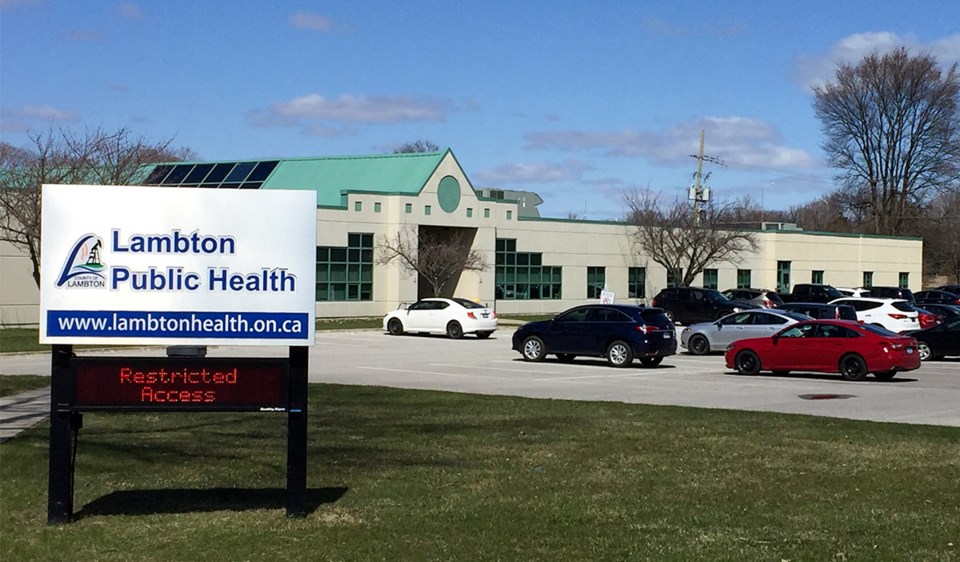A Lambton County resident has recently tested positive for West Nile Virus (WNV), Lambton Public Health (LPH) announced Monday.
This is the first lab-confirmed case human case of the virus locally in 2024.
This follows the reporting of a mosquito trap in Corunna where WNV was identified on Wednesday, August 14.
There have been six human cases reported in Ontario to date in 2024.
“This positive human case and the positive mosquito trap indicates that WNV is present in our community,” LPH said in a news release. “It’s important for Lambton County residents to remain vigilant and take precautions to prevent exposure to mosquitos, and to eliminate mosquito breeding sites on their property.”
West Nile Virus is spread to humans through the bite of an infected mosquito. Most people infected with West Nile Virus do not get sick. Those who do become ill usually experience mild flu-like symptoms such as fever, headache, skin rash, or muscle aches. Fewer than one percent of people infected with the virus become seriously ill.
To reduce your risk of being bitten by mosquitoes:
• Avoid areas with high mosquito populations.
• Take extra precautions from dusk to dawn when mosquito activity is high.
• Wear protective, light-coloured clothing.
• Use repellants containing DEET or Icaridin. Follow label instructions carefully.
To reduce mosquito breeding areas:
• Drain areas of standing or stagnant water on your property.
• Remove old tires; turn over pails, toys, and wheelbarrows.
• Change water in bird baths (at least weekly).
• Keep eaves clear to avoid trapped water.
For more information, contact the West Nile Virus information line at 519-383-3824, toll-free at 1-800-667-1839 (ext. 3824), or online at www.lambtonpublichealth.ca.
